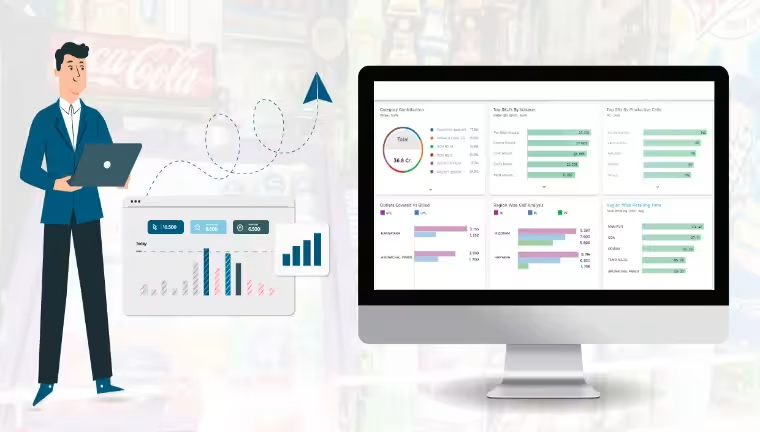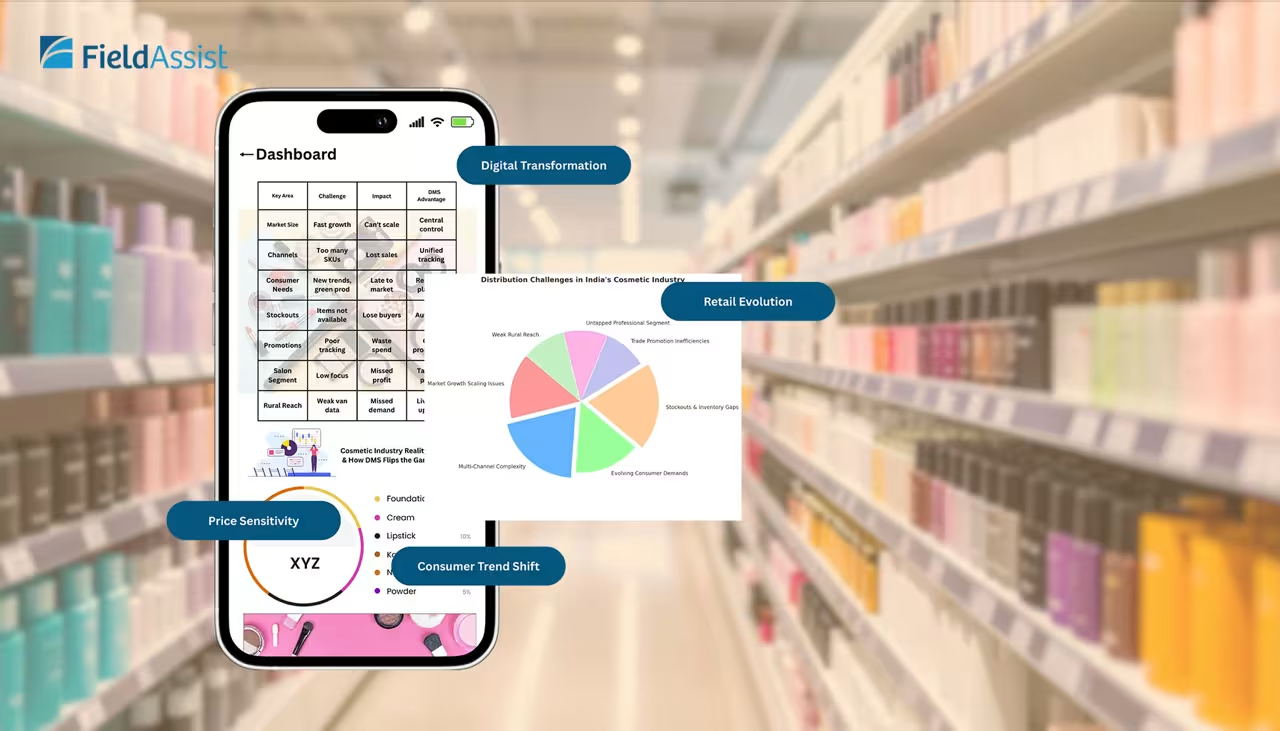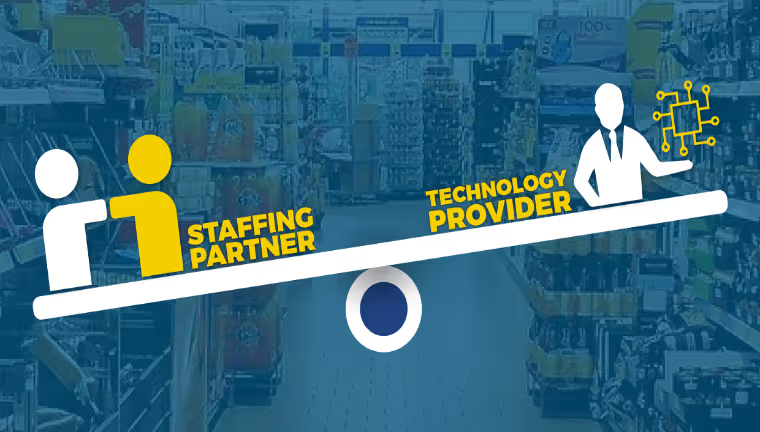Distributor Management System with AI-Led Forecasting
As NielsenIQ reveals, optimizing FMCG distribution can unlock up to 10% more market share. That’s the growth waiting to happen. AI-powered Distributor Management System (DMS) makes it real. It unifies orders, inventory, promotions, and claims into one intelligent flow.
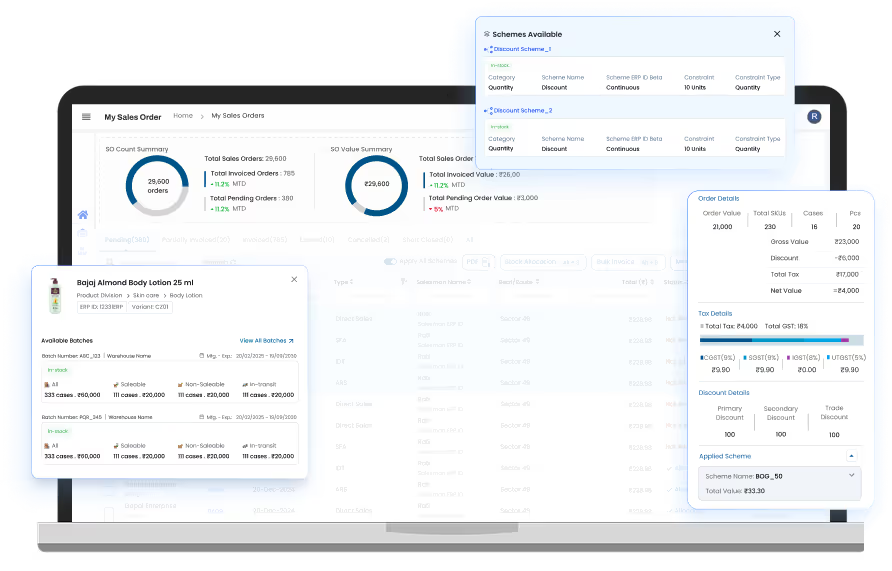
32
+
8
.9mn
190
K
75
K
$
23
.6bn
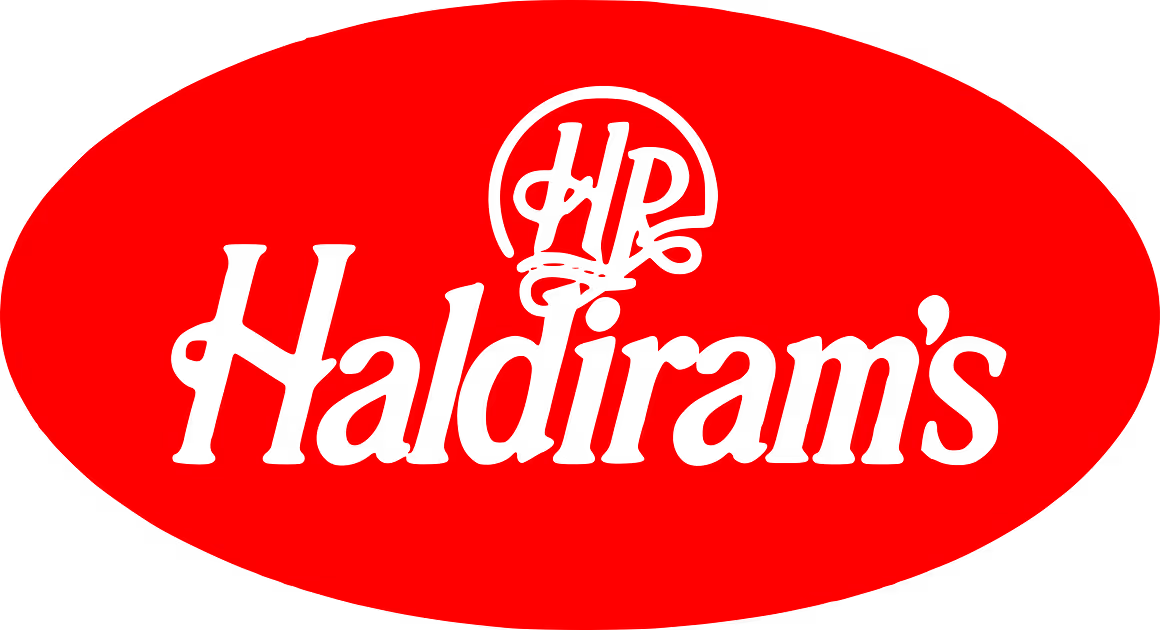




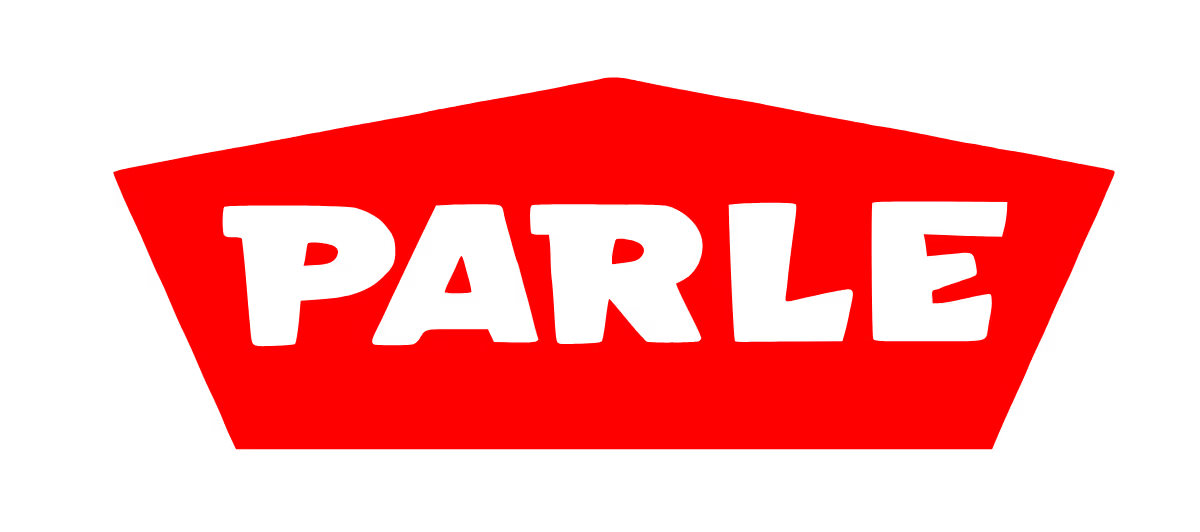








What Business Results Does AI in Distribution Software Deliver to FMCG Brands?
PwC reports that AI-led distribution improves order fulfillment by 10–20%. FieldAssist deployments confirm it: 90% of distributors cut waste, markdowns, and lost sales, while capturing incremental market share through minimized gaps and sharper execution.
Fewer Stockouts
No-Click Invoicing
Revenue-First Schemes
Automatic Claims
End-to-End Visibility
Future Ready
What Features Power a Modern Distributor Management System?
Inventory Intelligence
Track the right stock at the right time directly from DMS dashboard
AI-led auto-replenishment logic reduces stockouts by up to 30%.
Expiry and damage alerts prevent write-offs and missed sales.
360° SKU visibility ensures no blind spots across distributors.
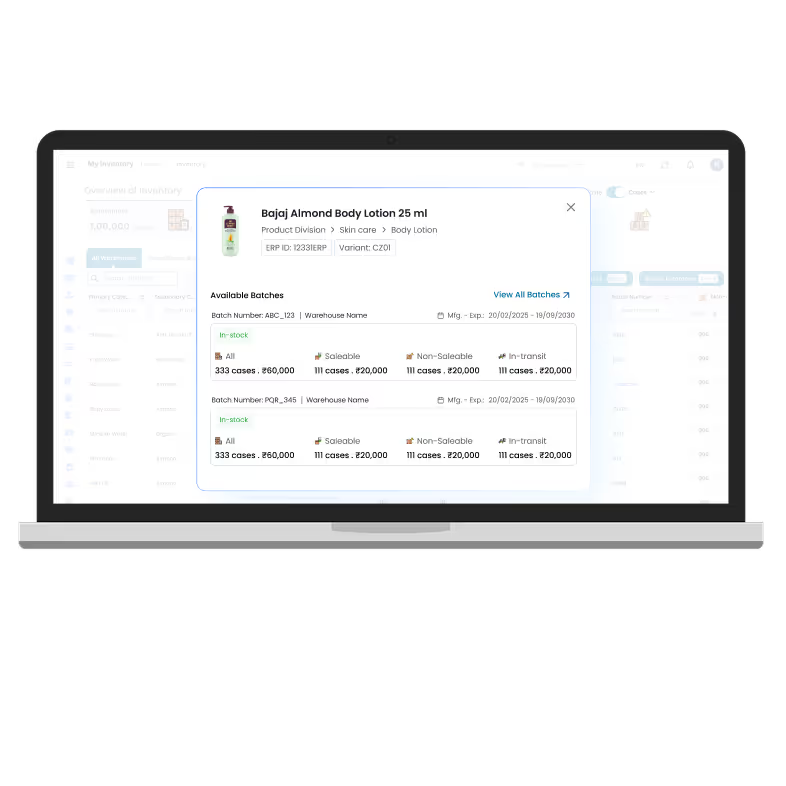
Intelligent Billing Workflows
Deliver faster, bill smarter - with intelligent automation at the core.
GST-compliant invoices built-in DMS for error-free billing.
Auto-generated load sheets cut prep time by 80%.
QR/barcode support enables faster, accurate dispatch.
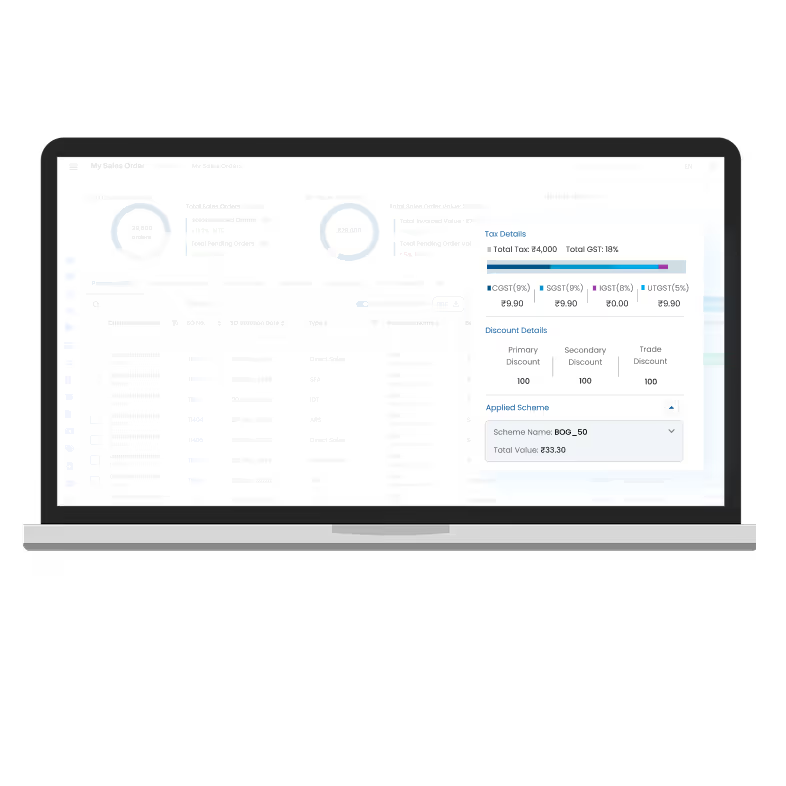
Automated Claim Generation
No disputes and no delays. Just intelligent execution.
Click-to-claim interface with ERP sync settles payouts 2X faster.
Zero leakage with digital claim tracking and auto-validation.
It reduces manual effort and builds long-term distributor trust.
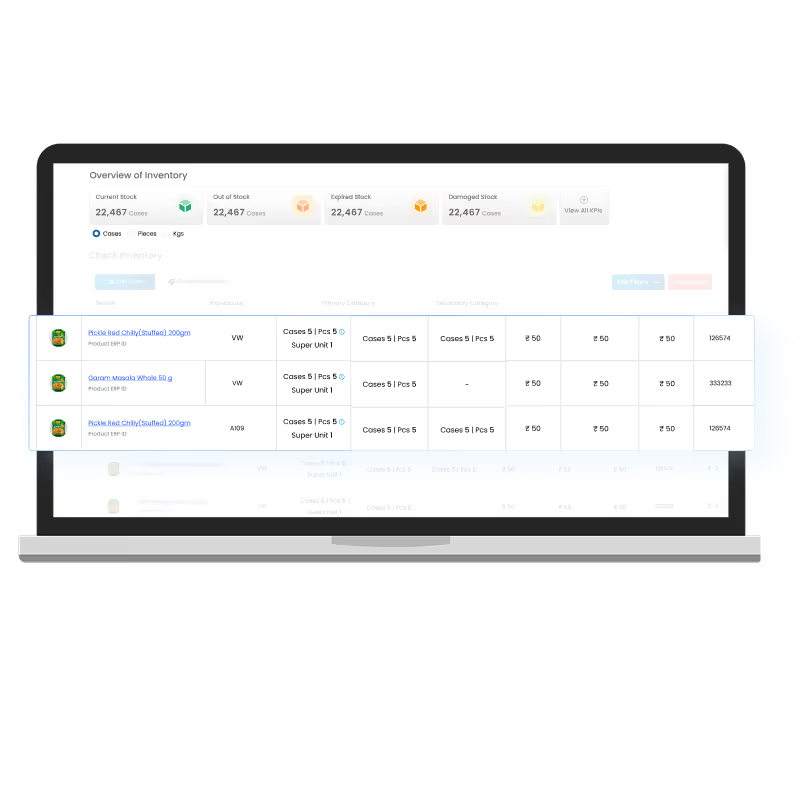
Smarter Trade Promotions with Adaptive Execution
Launch, trigger, and monitor promotions that respond to the market.
Multi-slab scheme engine adapts by outlet, zone, or rep.
Real-time nudges improve adoption and reduce promo waste.
Dynamic budgeting delivers 20–25% higher ROI on trade spend.
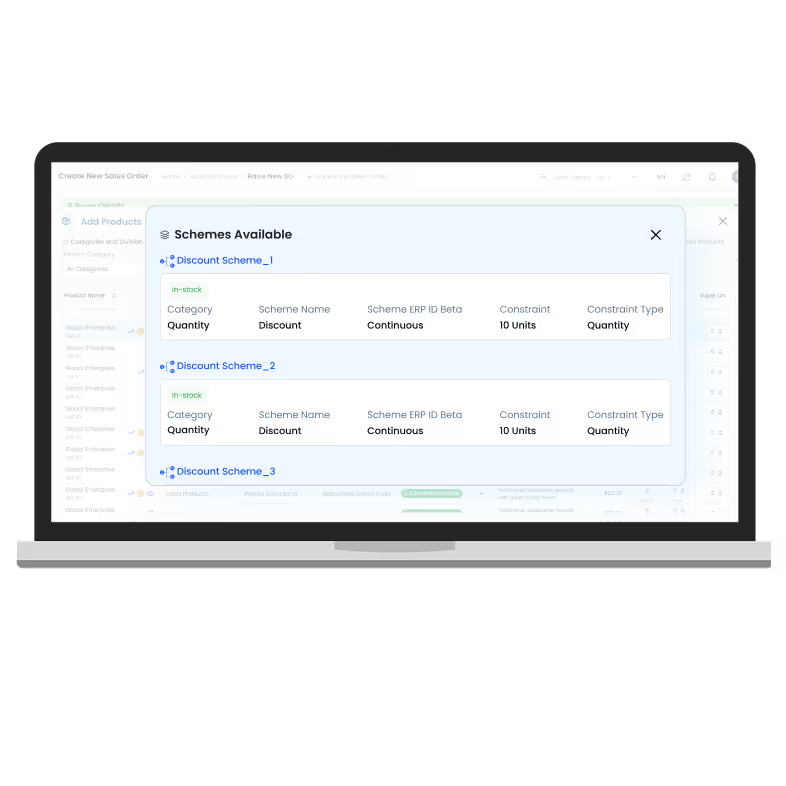
Effortless ERP Integration
Works with your stack. Thus, no tech pain, just seamless orchestration.
Pre-built APIs for SAP, Oracle, Tally, Microsoft Dynamics.
Plug-and-play setup with sandbox testing accelerates rollout.
Secure two-way sync reduces IT overhead and errors.
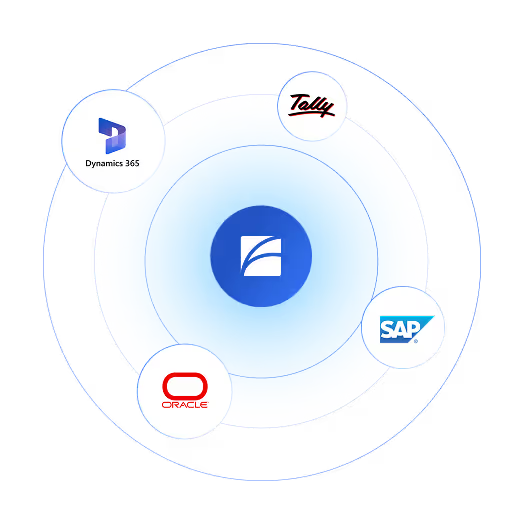
Make your Distribution Future-Ready with these top products
DMS system, when paired with FA Suites, create a truly connected retail ecosystem, powering brands to achieve end-to-end visibility and control.
Agentic AI that reasons, acts, and resolves
Experience the difference when AI takes ownership of outcomes, delivering bird’s-eye market clarity for sharper execution.
Integrates with all your favorite sales and distribution tools
Whether managing 100 or 1000 reps, FieldAssist integrates perfectly across your sales stack to eliminate leakages, expand outlet reach, and drive data-backed fulfillment.
Make Every Outlet Count For Growth with FieldAssist
The future belongs to brands that move faster, think smarter, and execute with absolute clarity.

Real Stories.
Real Transformation.
From digitizing distribution to optimizing market expansion, learn it all here.
Explore What's New, Useful & Interesting
Frequently Asked Questions
A Distributor Management System is software that helps FMCG companies manage orders, inventory, collections, and promotions across distributors. It creates a single view of primary and secondary sales for better visibility, faster execution, and accurate forecasting.
FieldAssist DMS automates billing, payments, returns, and scheme management. With AI-led forecasting, distributors reduce wastage and increase fill rates, while brands gain incremental market share by plugging distribution gaps.
Here are six ways DMS improved distributor performance:
- Prevent stockouts with AI-based auto-replenishment logic
- GST-compliant invoicing with automated e-billing
- Real-time visibility across primary and secondary sales
- Timely claim settlements that boost distributor trust
- Unified view across ERP, SFA, Van Sales, and Retailer App
- Product, partner, and channel-level insights in one place
Yes, FieldAssist DMS integrates seamlessly with ERPs and SFA solutions. Thus, unifies orders, collections, and stock data across systems - reducing manual errors and ensuring smooth data flow.
FMCG companies need a DMS to minimize inefficiencies and improve distributor alignment. It directly impacts sales, stock availability, and cash flow. The need distributor management system is to:
- Reduces stockouts and leakages
- Improves order-to-cash cycle
- Aligns brand and distributor on real-time data
- Boosts execution efficiency by 15–20%
Yes. FieldAssist DMS integrates smoothly with Tally for orders, invoicing, and collections.
- Syncs financial data in real time
- Eliminates manual duplication
- Ensures GST compliance and accuracy
- Speeds up reconciliation between the distributor and brand
Yes. FieldAssist DMS is built to scale from single-distributor setups to nationwide networks.
- Scales from local to enterprise level.
- Cloud-native for security and flexibility.
- Real-time access from any location.
- Supports multi-distributor, multi-region operations.



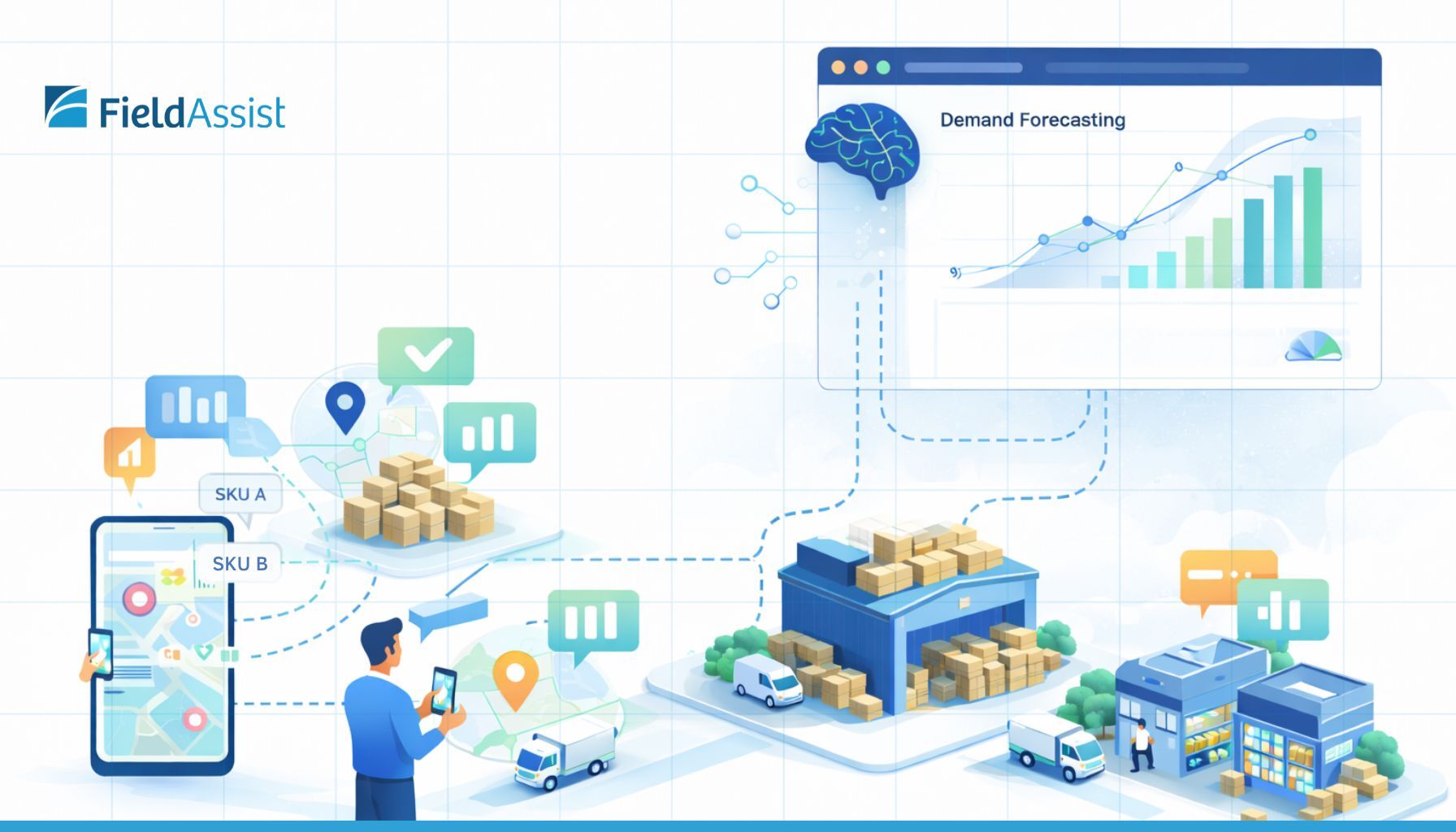
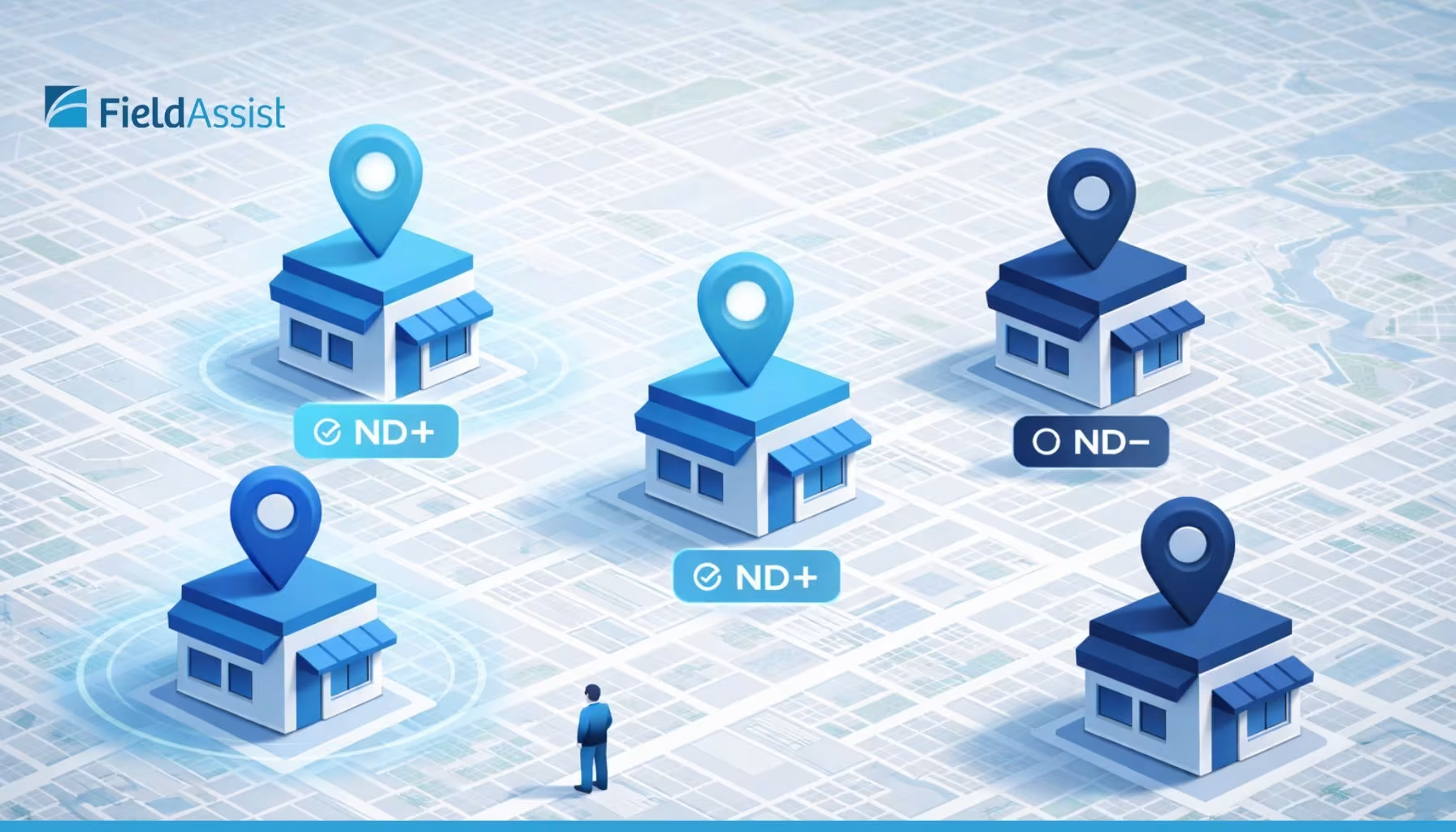
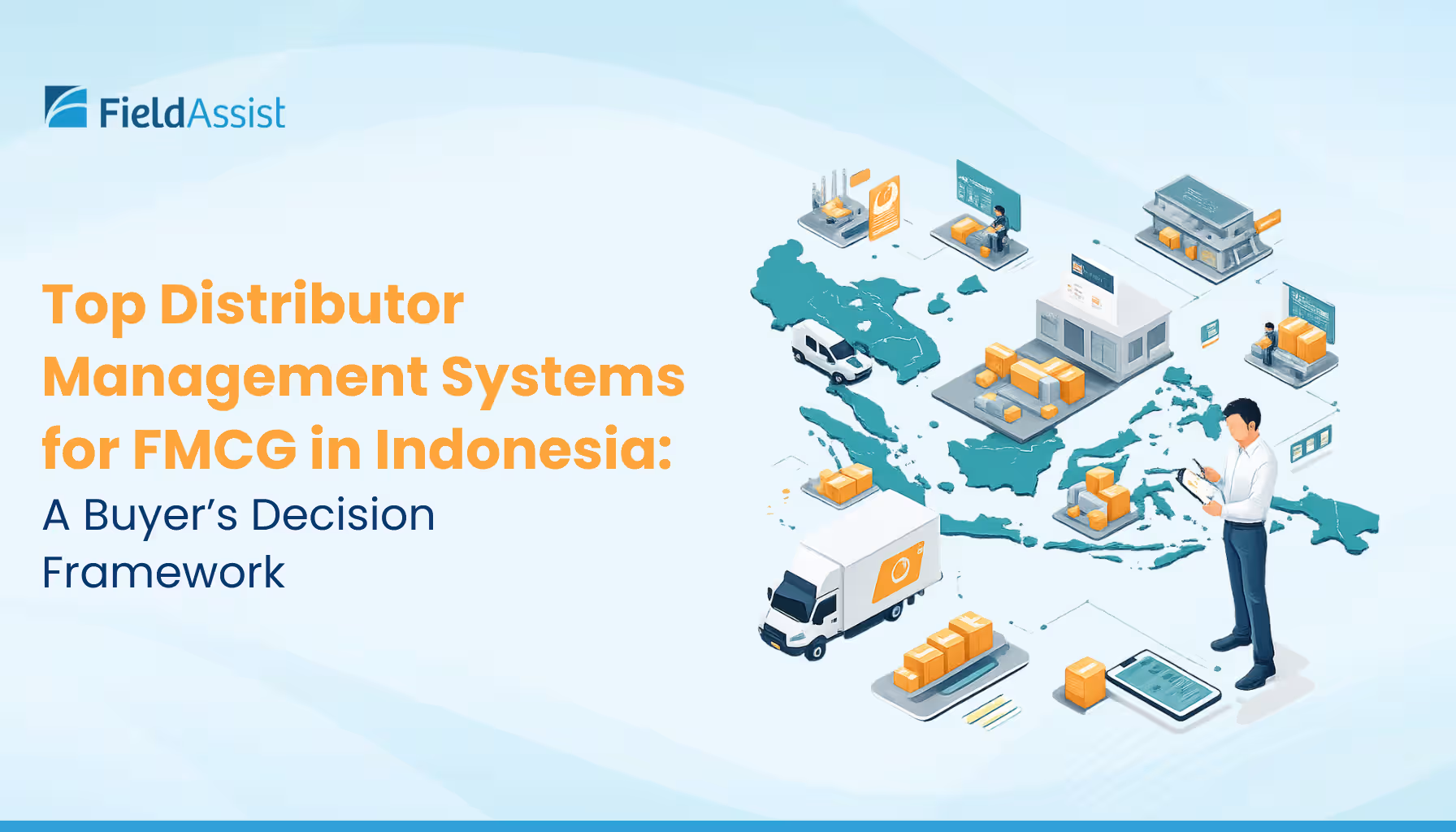
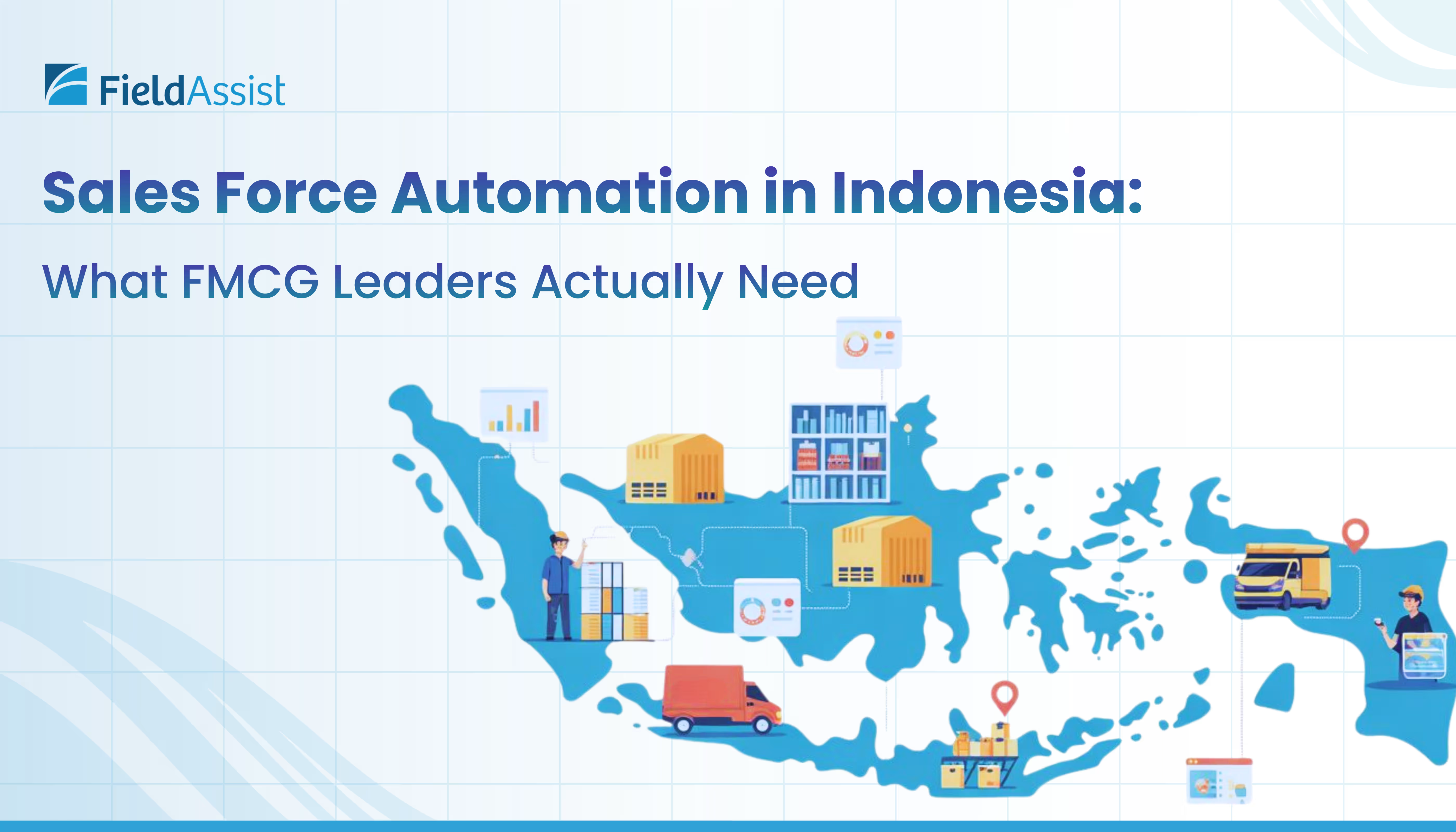
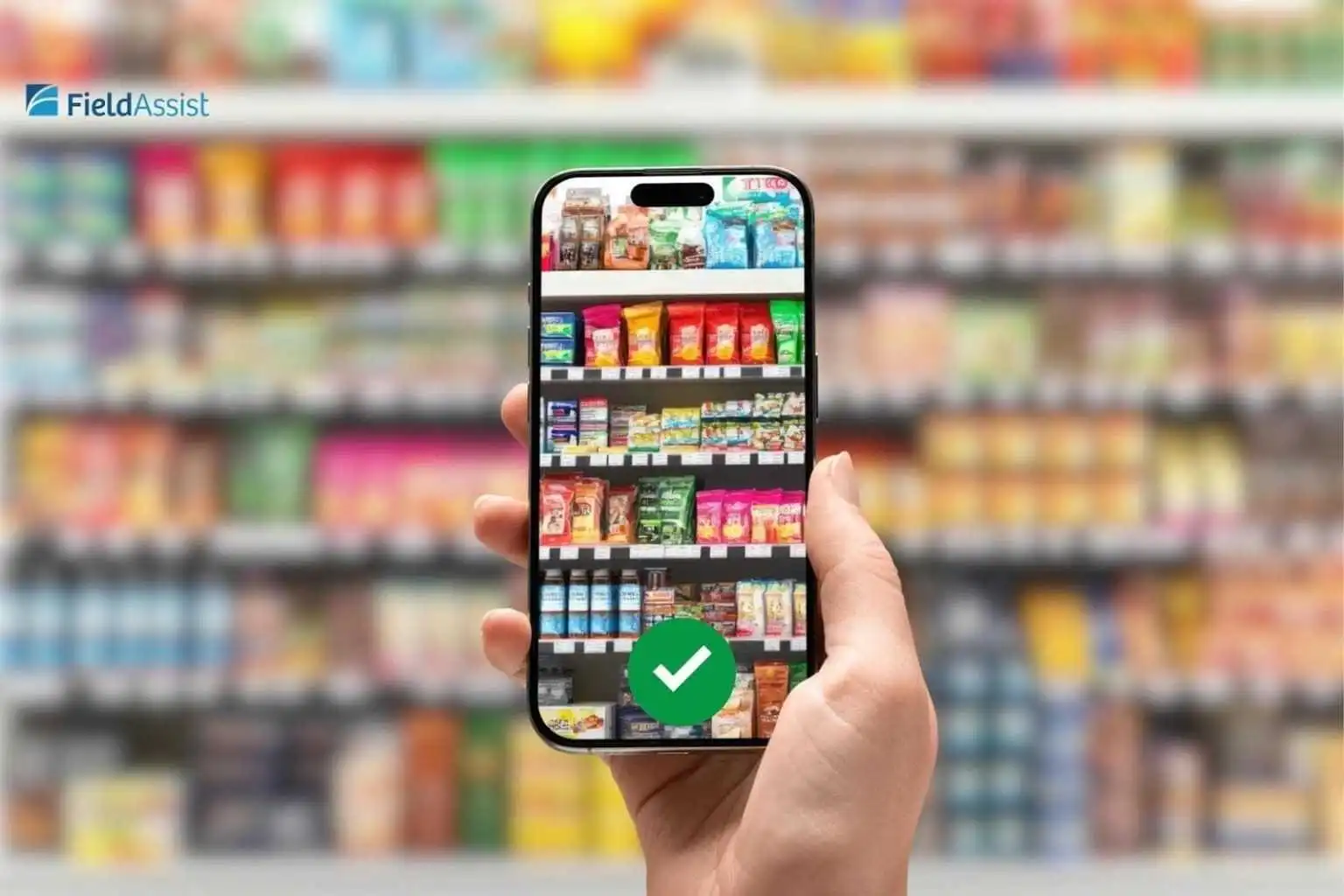

.avif)
